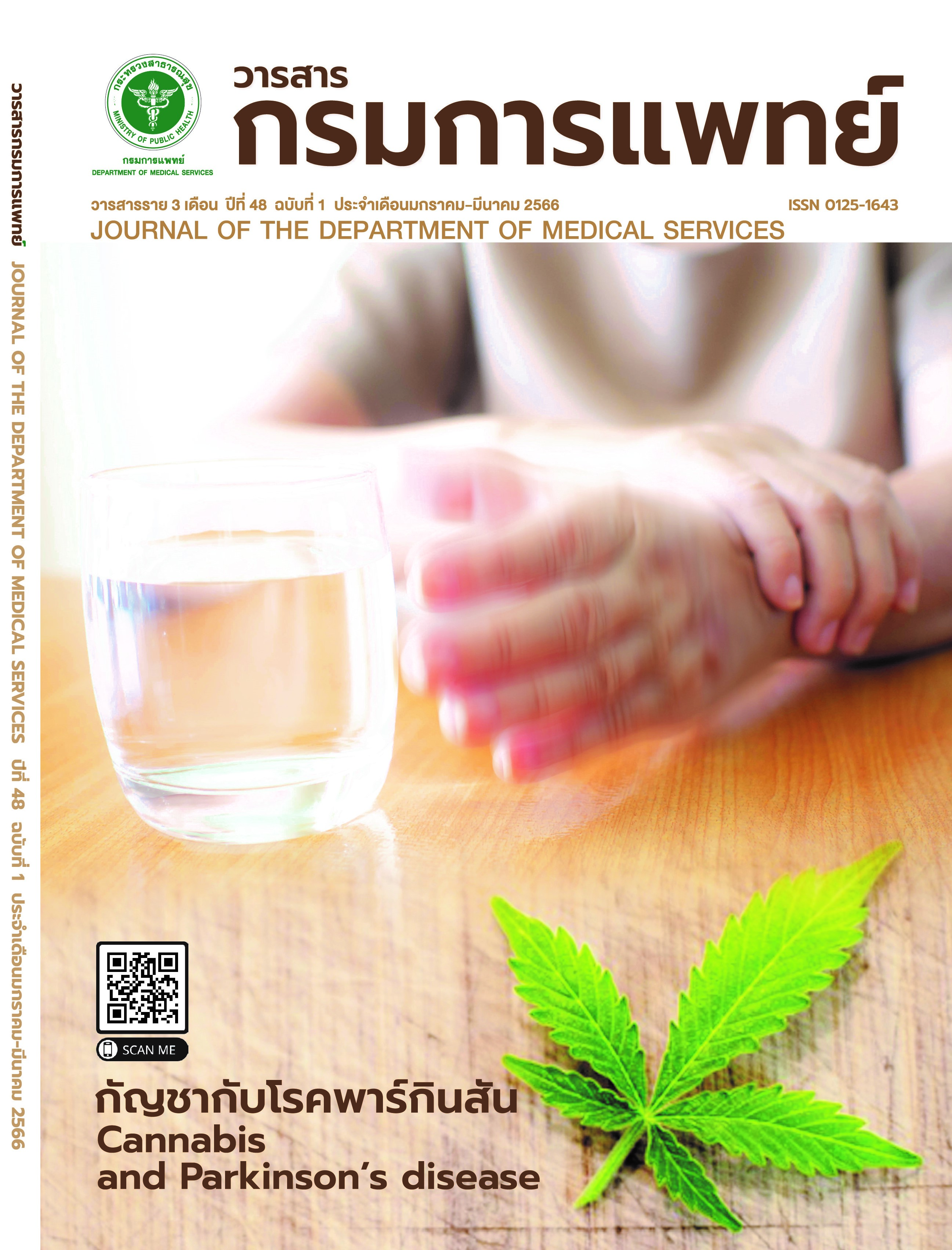Practical Guide on the Perioperative Management in Patients with CIEDs
Keywords:
Perioperative, Pacemaker, Implantable cardioverter-defibrillatorAbstract
Patients with cardiovascular implantable electronic devices (CIEDs), which consist of permanent pacemaker, implantable cardioverter-defibrillator (ICD) and cardiac resynchronization therapy (CRT), should be carefully taken care of regarding perioperative management. The type of CIEDs and the location of surgery should be considered when it comes to a surgery. In addition, CIEDs interrogation should be performed before the surgery. If patients were pacemaker-dependent, the device mode must be changed to asynchronous mode and disabled rate-adaptive mode. If patients have ICD, the ICD therapy must be disabled. During the operation, surgeons should be recommended whether they should use bipolar electrocautery or ultrasonic scalpel with short burst within 5 seconds as the preferred method. After the surgery, the CIEDs mode should be changed to the previous settings before the surgery, for example, enabling ICD therapy, enabling rate-adaptive sensors, and changing asynchronous mode to previous mode before the surgery.
References
Crossley GH, Poole JE, Rozner MA, Asirvatham SJ, Cheng A,Chung MK, et al. The Heart Rhythm Society (HRS)/AmericanSociety of Anesthesiologists (ASA) Expert Consensus Statementon the perioperative management of patients with implantabledefbrillators, pacemakers and arrhythmia monitors: facilitiesand patient management. Heart Rhythm. 2011; 8:1114-54.
Indik JH, Gimbel JR, Abe H, Alkmim-Teixeira R, Birgersdotter-Green U,Clarke GD, et al. 2017 HRS expert consensus statement on magnetic resonance imaging and radiation exposure in patients withcardiovascular implantable electronic devices. Heart Rhythm.2017; 14: e97-e153.
Abdelmalak B, Jagannathan N, Arain FD, Cymbor S, McLain R,Tetzlaff JE. Electromagnetic interference in a cardiac pacemakerduring cauterization with the coagulating, not cutting mode.J Anaesthesiol Clin Pharmacol. 2011; 27: 527–30.
Stühlinger M, Burri H, Vernooy K, Garcia R, Lenarczyk R, Sultan A,et al. EHRA consensus on prevention and management ofinterference due to medical procedures in patients with CIEDs.Europace. In press 2022.
Gifford J, Larimer K, Thomas C, May P. ICD-ON Registry forPerioperative Management of CIEDs: Most Require No Change.Pacing Clin Electrophysiol. 2017; 40:128-34.
Jacob S, Panaich SS, Maheshwari R, Haddad JW, Padanilam BJ,John SK. Clinical applications of magnets on cardiac rhythmmanagement devices. Europace. 2011; 13:1222-30.
Cronin B, Dalia A, Sandoval K, Birgersdotter-Green U, Sherer E,Essandoh MK. Perioperative Interrogation of Biotronik Cardiovascular Implantable Electronic Devices: A Guide for Anesthesiologists. J Cardiothorac Vasc Anesth. 2019; 33:3427-36.
Ellenbogen KA, Wood MA. Cardiac pacing and ICDs. 5th ed.Oxford: Wiley-Blackwell; 2008.
Manegold JC, Israel CW, Ehrlich JR, Duray G, Pajitnev D,Wegener FT, et al. External cardioversion of atrial fbrillation inpatients with implanted pacemaker or cardioverter-defbrillatorsystems: a randomized comparison of monophasic andbiphasic shock energy application. Eur Heart J. 2007; 28:1731-8.
Cordero I. Electrosurgical units–how they work and how to usethem safely. Community Eye Health. 2015; 28:15-6.
Downloads
Published
How to Cite
Issue
Section
License
Copyright (c) 2023 Department of Medical Services, Ministry of Public Health

This work is licensed under a Creative Commons Attribution-NonCommercial-NoDerivatives 4.0 International License.
บทความที่ได้รับการตีพิมพ์เป็นลิขสิทธิ์ของกรมการแพทย์ กระทรวงสาธารณสุข
ข้อความและข้อคิดเห็นต่างๆ เป็นของผู้เขียนบทความ ไม่ใช่ความเห็นของกองบรรณาธิการหรือของวารสารกรมการแพทย์



